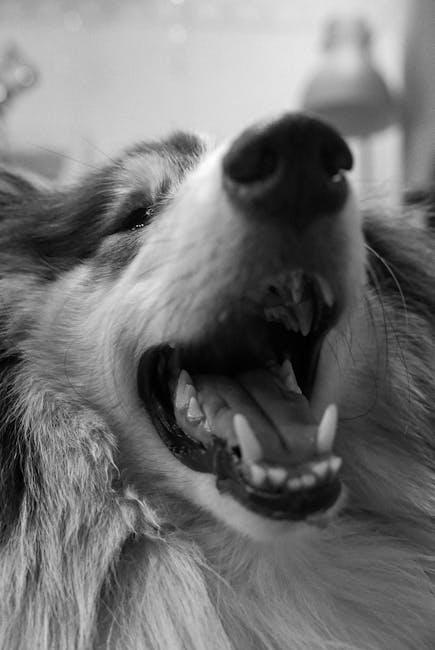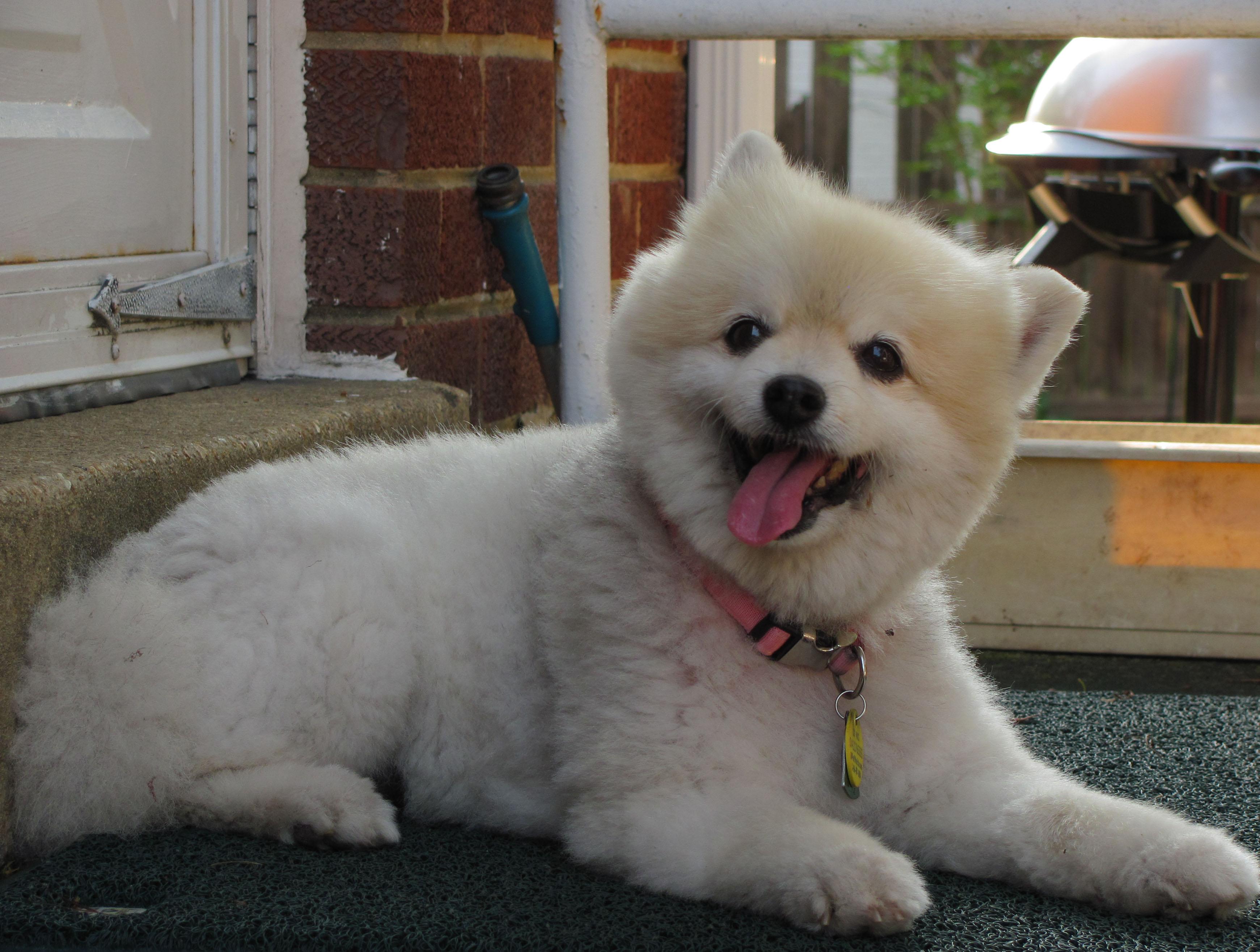Imagine a world where your furry friend greets you with a wagging tail and a heartwarming smile every day. As pet parents, we cherish these moments, yet often overlook the subtle signals our companions send us about their well-being. Just like us, our pets can face dental challenges that affect their health and happiness. From a sudden reluctance to play with their favorite chew toy to a mysterious change in their eating habits, these signs can be their way of saying, “I need a little help.” In this article, we’ll explore the common signs that might indicate your beloved pet has a dental issue, helping you ensure those smiles stay bright and tails keep wagging.
Spotting the Clues: Unveiling Subtle Changes in Your Pets Behavior
Our furry friends may not always be able to tell us when something’s amiss, but they have their own ways of showing it. When it comes to dental issues, pets often exhibit subtle behavioral changes that can easily be overlooked. As attentive pet parents, it’s crucial to keep an eye out for these signs to ensure their comfort and health.
- Altered Eating Habits: Is your pet suddenly avoiding their favorite crunchy treats or showing a preference for softer foods? This could be a sign of dental discomfort.
- Unusual Drooling: Excessive drooling can be more than just a quirky trait. It might indicate oral pain or infection.
- Pawing at the Mouth: If your pet is persistently pawing at their mouth or face, they might be trying to alleviate discomfort caused by dental issues.
- Bad Breath: While a little morning breath is normal, persistently foul odor could signal a deeper dental problem.
By observing these changes, you can act promptly, ensuring your pet’s dental health is in tip-top shape, allowing them to continue their joyful, playful days.
The Tell-Tale Smell: Understanding Odor as a Warning Sign
One of the most overlooked yet telling signs of dental issues in pets is an unusual odor emanating from their mouth. While a slight smell might be normal, a particularly strong or foul scent could signal a problem that needs attention. This isn’t just the result of a recent meal or a lack of grooming; it’s often a red flag for underlying dental conditions. The smell can be a harbinger of more serious issues, such as infections or periodontal disease, which, if left untreated, can lead to more severe health complications.
- Bad Breath: Often the first sign, a persistent, offensive odor could indicate plaque buildup or even an infection.
- Unusual Salivation: Excessive drooling coupled with a strong smell might suggest oral discomfort or dental disease.
- Visible Plaque or Tartar: A yellow or brownish film on your pet’s teeth, often accompanied by a strong odor, is a clear indicator of dental neglect.
Paying attention to these olfactory cues can not only improve your pet’s dental health but also enhance their overall well-being. A quick check-up with the vet can help diagnose the issue early, ensuring your furry friend remains happy and healthy.

Chew on This: Recognizing Discomfort and Eating Habits
Pets have their own way of telling us when something’s amiss, and discomfort while eating is a big red flag. Is your furry friend suddenly turning their nose up at kibble or favoring one side while chewing? These subtle shifts in eating habits might be their way of signaling oral distress.
Watch for these signs that could hint at dental issues:
- Reluctance to Eat: Skipping meals or showing disinterest in favorite treats.
- Chewing on One Side: Preferring one side of the mouth to avoid pain.
- Dropping Food: Struggling to keep food in their mouth.
Sometimes, even the most minor changes can be whispers of discomfort. By tuning into these signals, you can help ensure your pet’s mouth is as healthy and happy as the rest of them.

Taking Action: Practical Tips for Maintaining Your Pet’s Dental Health
Maintaining your pet’s dental health is crucial for their overall well-being. Here are some practical tips to keep those pearly whites in top shape:
- Regular Brushing: Use a pet-specific toothbrush and toothpaste to brush your pet’s teeth at least a few times a week.
- Dental Chews and Toys: Invest in dental chews or toys designed to reduce plaque and tartar buildup.
- Healthy Diet: Provide a balanced diet with crunchy kibble or specially formulated dental food to help clean teeth naturally.
- Routine Check-ups: Schedule regular veterinary dental check-ups to catch any issues early.
- Water Additives: Consider using vet-approved water additives that help maintain oral hygiene.
Implementing these tips can make a significant difference in your pet’s dental health, ensuring they stay happy and healthy for years to come.


































